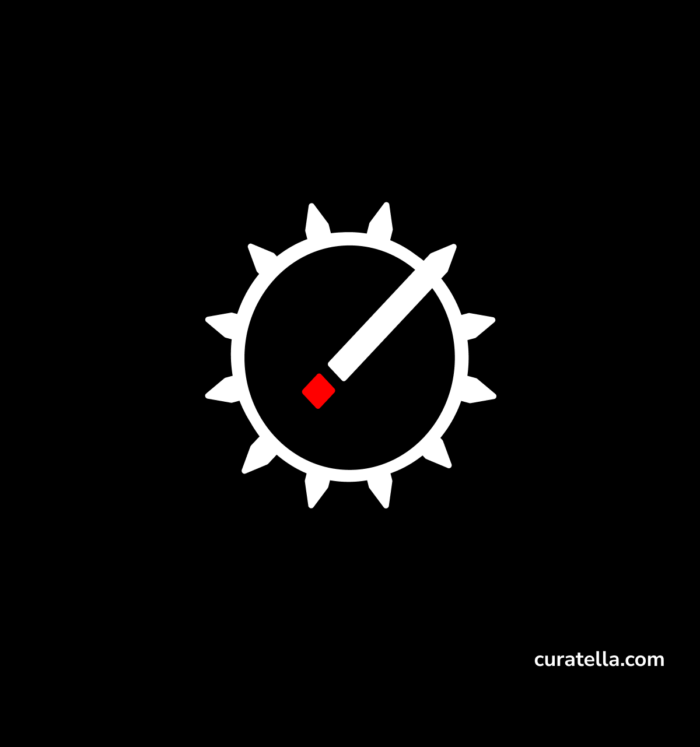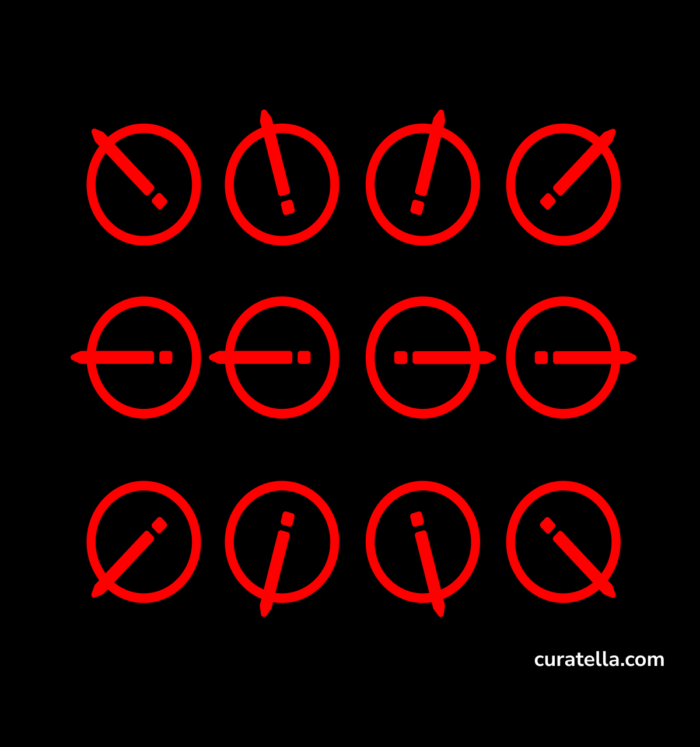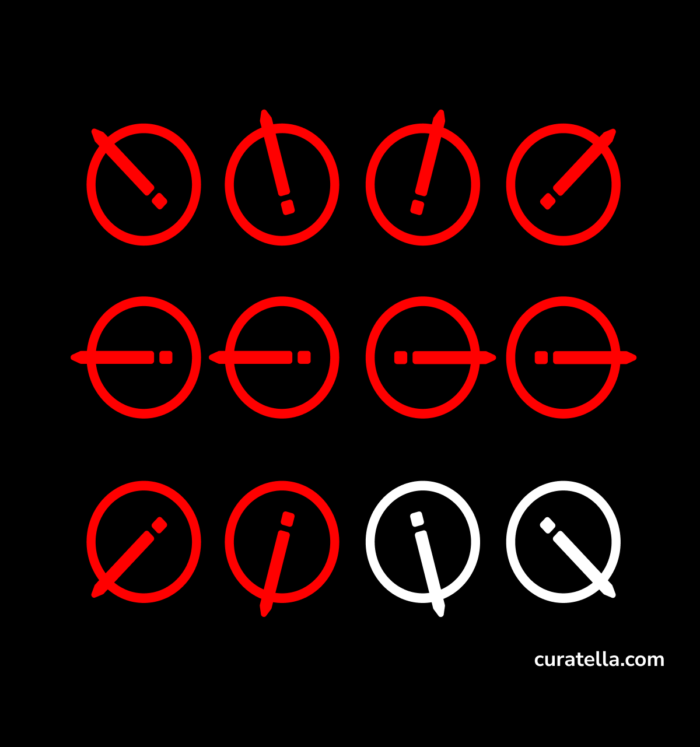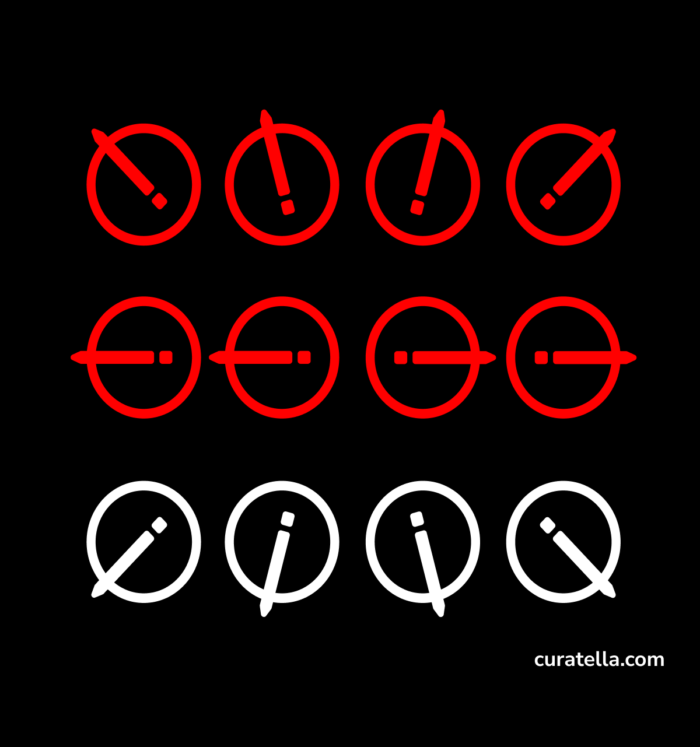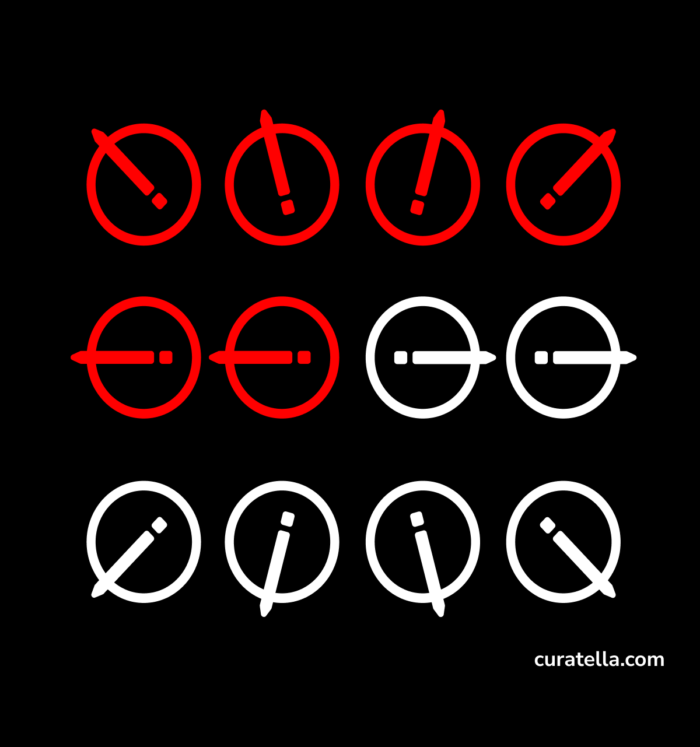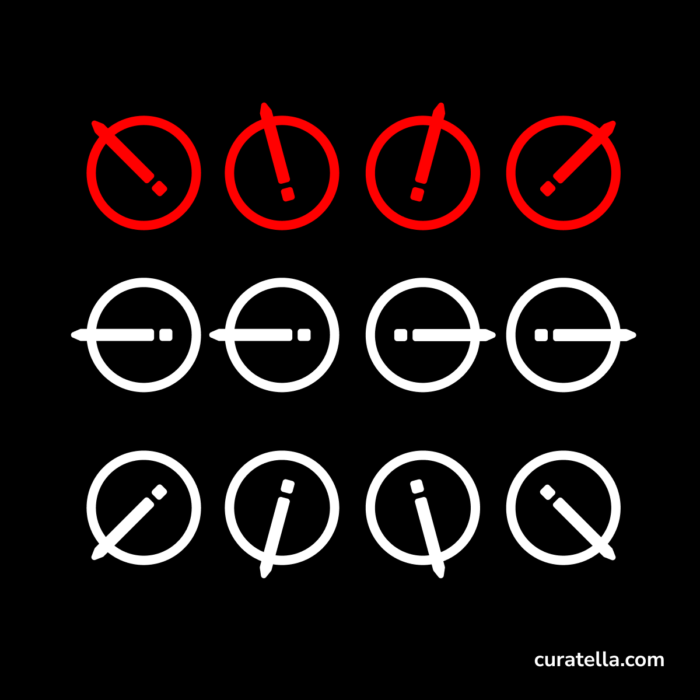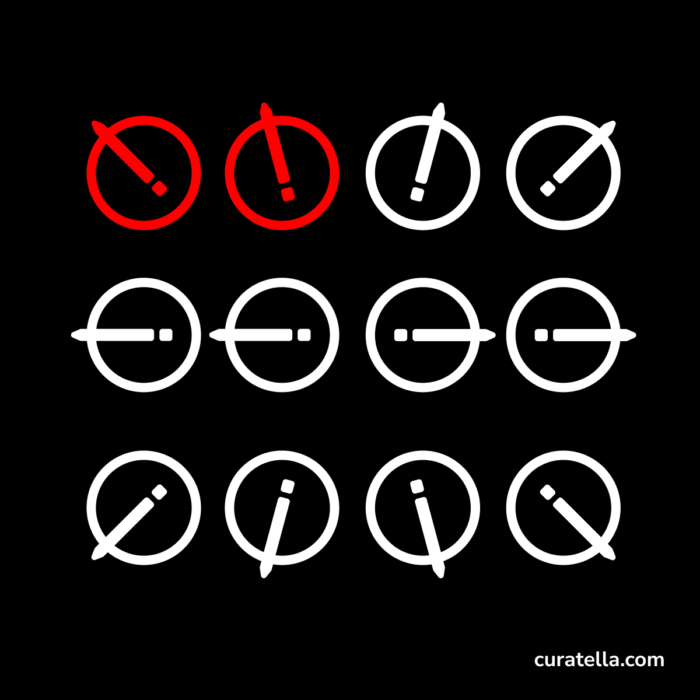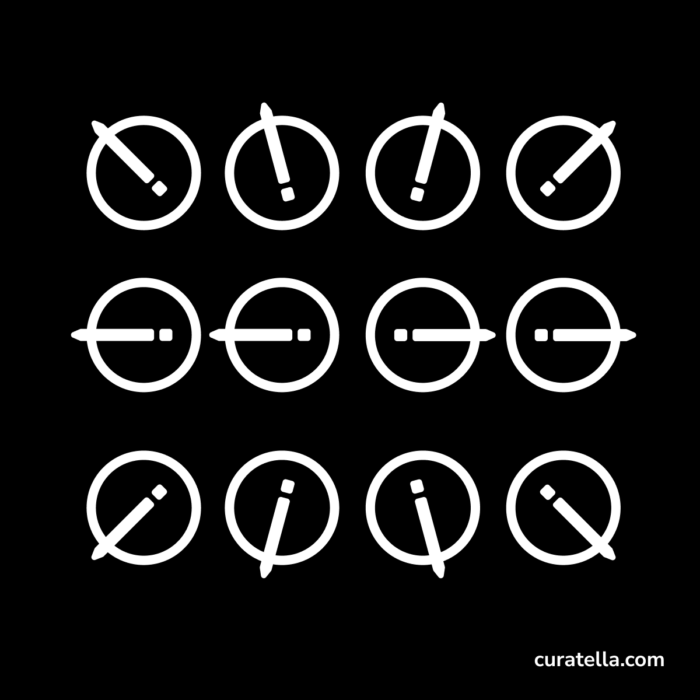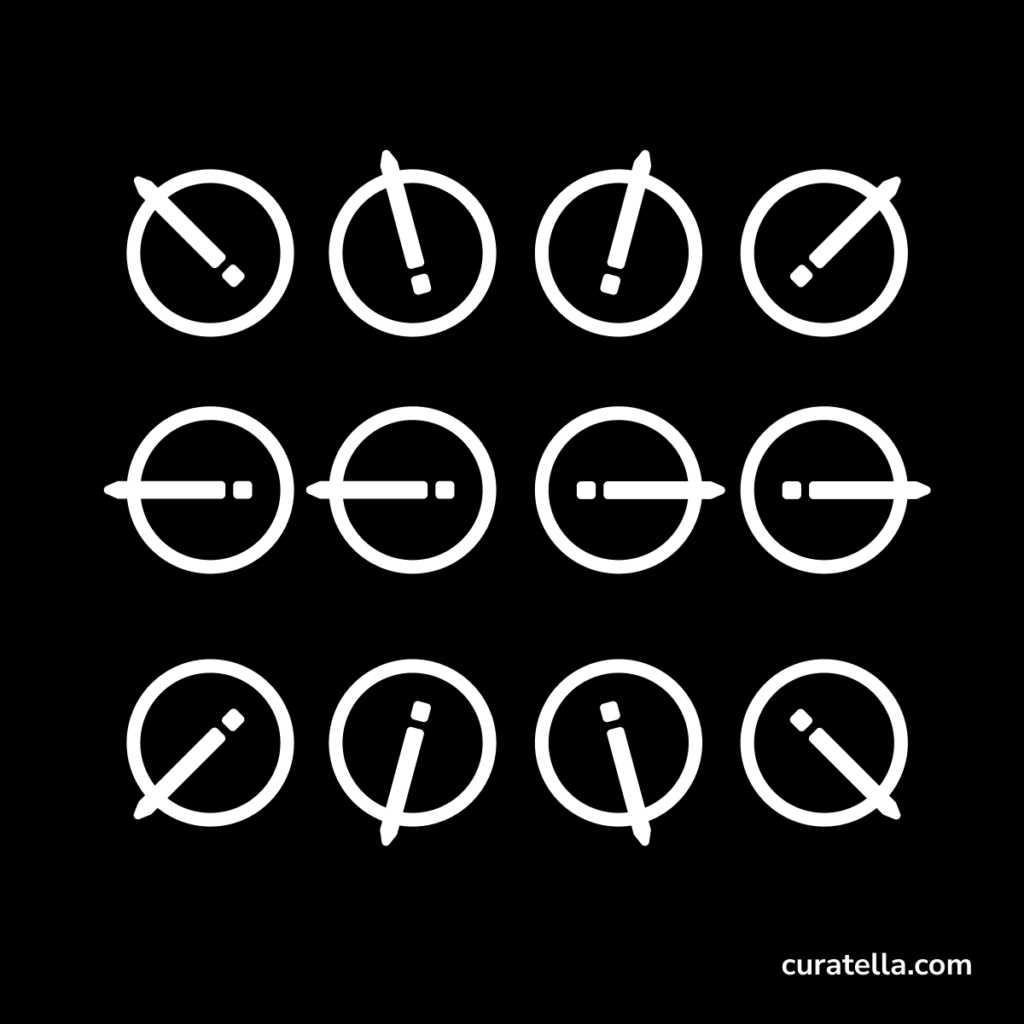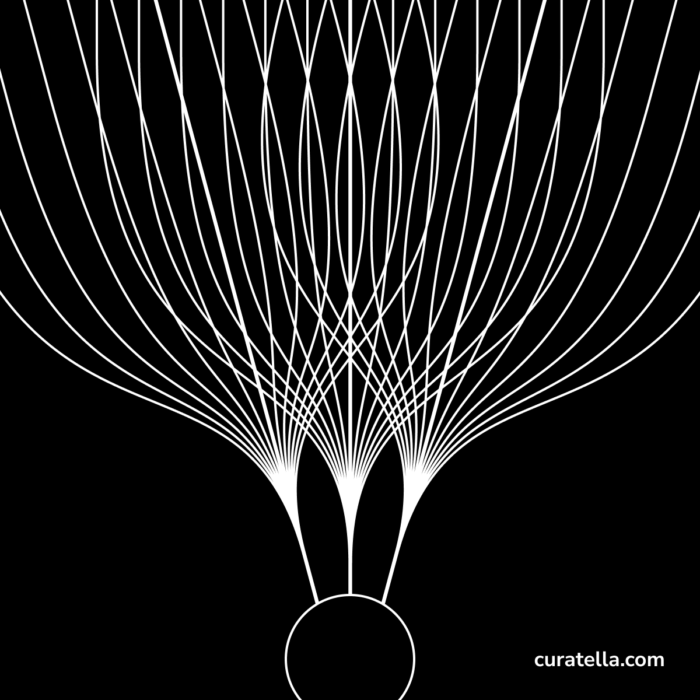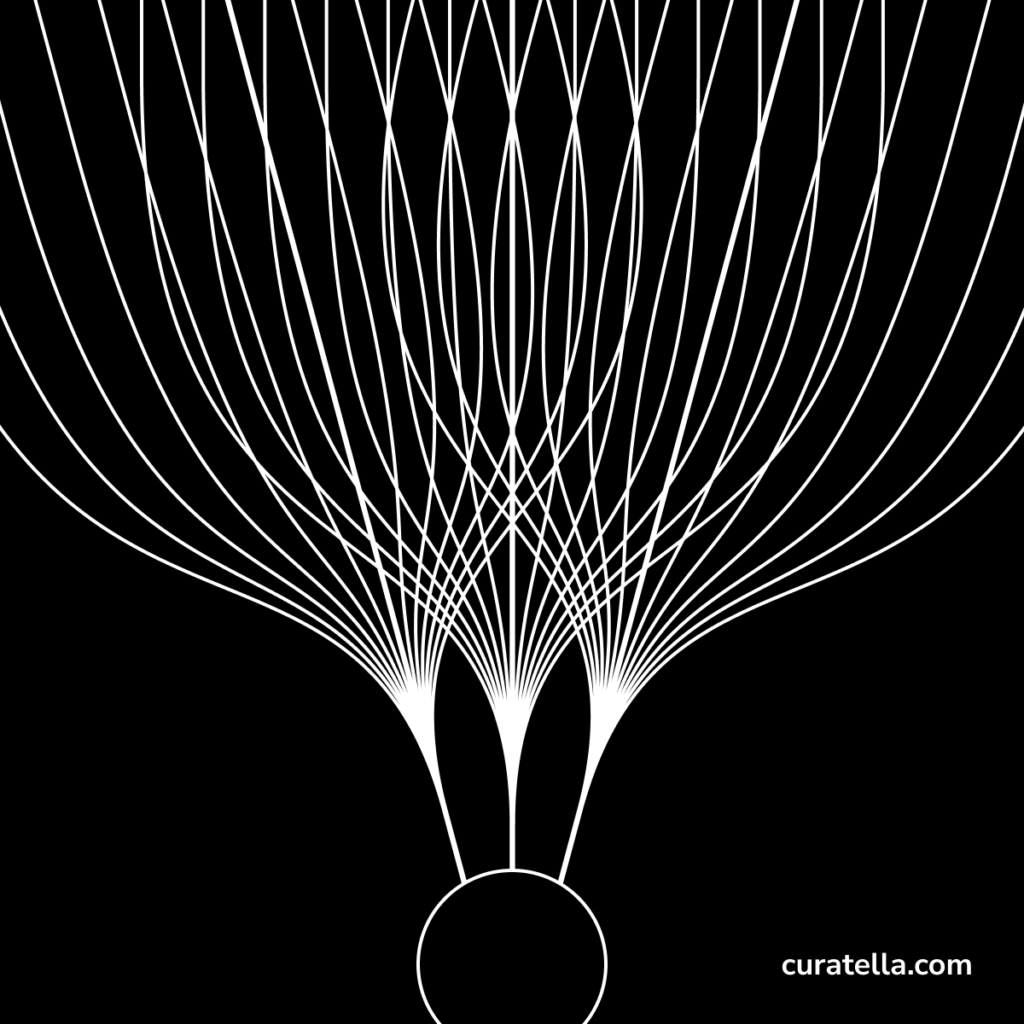Ecosystem Health
There is no planet B. At least not until we start to colonize other planets. We must contribute to the ecosystem’s health by building a more sustainable society.
If we make the World better, we make the lives of all living beings better. Each of us can have a role in making the world better by constantly giving small positive contributions while minimizing the unintended negative consequences.
A sustainable society increases the chance to imagine and create better futures for all by leaving a positive, durable, and compounding legacy to future generations.
The problem of improving the Ecosystem’s health is common to everybody. If we aim to positively impact people and the planet, we need to gather our strengths together for the common goal of making the world better for all.
How can we do that? What’s my role in that?
Connections:
critical thinking, collective intelligence, sustainability, systems thinking, systemic design, education, development, networked thinking, collaboration, cooperation, inclusion, justice, UN SDGs.
Design
Solving problems, designing solutions, and building them, are at the foundation of our society in every field.
The design approach should be one of the skills and competencies every human being should acquire. What is the minimum viable knowledge needed to be an effective and an efficient, and sustainable designer?
Design as a mindset, a craft, and an approach belongs to science and engineering, education and fine arts, philosophy, and any other human endeavor.
Business, entrepreneurship, and leadership became so complex that they need design to be executed effectively and efficiently.
How to be a good designer?
- How to understand, communicate, and manage complexity?
- How to minimize unintended consequences?
- How can we imagine alternative worlds? Better futures?
- How to create networks of networks of changemakers creating a positive impact on people and the planet?
- How can we leave a legacy that will make us remembered positively?
Connections:
Design thinking, critical thinking, systems thinking, systematic design, sustainability, education, training, mentoring, coaching, professional development, business design, interaction design, User Experience Design, Service Design.
The remaining problems to develop
- How to augment life
- How to raise the collective intelligence
- How to extend life, perception, augment intelligence, individual and collective.
- How to live multiple lives
- How to be more creative
- Teach everybody to be creative
- Make art a part of everybody’s life
